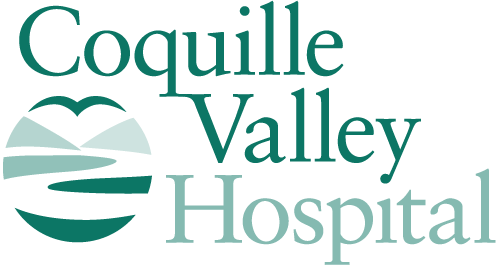Cutting Back On Alcohol Is Good For Your Health
Published April 20, 2023

Sure, it’s fun to enjoy an alcoholic beverage from time to time, but when regular drinking becomes a part of your lifestyle, or excessive drinking becomes your norm, it’s time to step back and assess your drinking habits for several reasons:
- Alcohol is addictive and can lead to alcohol dependency.
- Excessive drinking of alcohol, or alcohol abuse, has been linked to both short-term and long-term health problems. Short-term health risks include alcohol poisoning, risky behaviors and injuries due to accidents. Long-term health risks include high blood pressure, heart disease, liver disease, cancer, a weakening of the immune system and memory problems, among others.
According to the Centers for Disease Control and Prevention, a standard alcoholic drink contains 0.6 ounces of alcohol, such as commonly found in 5 ounces of wine, 12 ounces of beer or 1.5 ounces – a standard shot – of distilled, or hard, liquor.
Pregnant women, people younger than 21, people operating machinery or driving a vehicle, or people taking medications that should not be mixed with alcohol simply should not drink. Otherwise, moderate drinking is considered one drink a night for women, or two drinks per night for men. And remember: Drinking less, or not at all, is always preferred to drinking more.
What is excessive drinking?
Excessive drinking includes binge drinking (too many drinks in a short period of time), heavy drinking (drinking more than a moderate amount in a night or a week) and drinking by pregnant women or underage people. For women, heavy alcohol use adds up to three or more drinks in one day, or more than seven drinks in a week; for men, up to four or more drinks per day, or more than 14 drinks per week, according to the National Institute on Alcohol Abuse and Alcoholism.
Some of the more common symptoms of alcohol abuse include:
- Temporary blackouts or short-term memory loss
- Irritability or extreme mood swings
- Using drinking to relax or to deal with stress
- Drinking alone or secretly
- Choosing to drink over important responsibilities or obligations
Your medical provider can help you assess your drinking and whether or not your behavior is an indication of a larger problem. Options for treatment and recovery are readily available.
Tips for cutting back on alcohol
Deciding to cut back on alcohol may not be easy for some, but there are plenty of ways to help you be successful, including a surge in zero-proof drink options that make choosing to drink nonalcoholic beverages much easier and more widespread than in the past.
Zero-proof drink options include nonalcoholic craft beers, nonalcoholic cordials and mixers, even nonalcoholic “spirits” inspired by favorite liquors such as gin, rum or vodka.
Other tips on how to start drinking less include:
- Set limits. Balance alcohol-free days during your week with deciding to have one drink only on a Friday or a Saturday night. Remember what a standard drink is and stick to it. If you choose to be totally alcohol free, commit to your choice for a specific time period, such as a month, and ask friends and family to support you.
- Understand your drinking triggers. Avoid people with whom you usually drink and activities that tempt you to drink, or have a solid plan for your nonalcoholic choices when in the company of drinkers. Also consider removing alcohol from your home.
- Motivate yourself. Positive quotes, pictures and reminders go a long way to reinforce your healthy decisions.
- Get support. Support from family members and from your healthcare provider should be there to reinforce your decision to drink less.
Within a month of not drinking, you are likely to feel more rested because you’ll be sleeping better, and you are likely to feel less anxious or depressed; your skin, too, may look and feel better; alcohol on the whole will seem less important to you – all positives, in addition to the benefits to your short-term and long-term health.
Subscribe to our monthly emails for Your Well-Being! Get health and wellness tips, hospital news, staff spotlights, career opportunities, our cafe menu and more, sent right to your inbox!
DISCLAIMER: No content on this website, regardless of date, should be used as a substitute for direct medical advice from your primary care provider.




